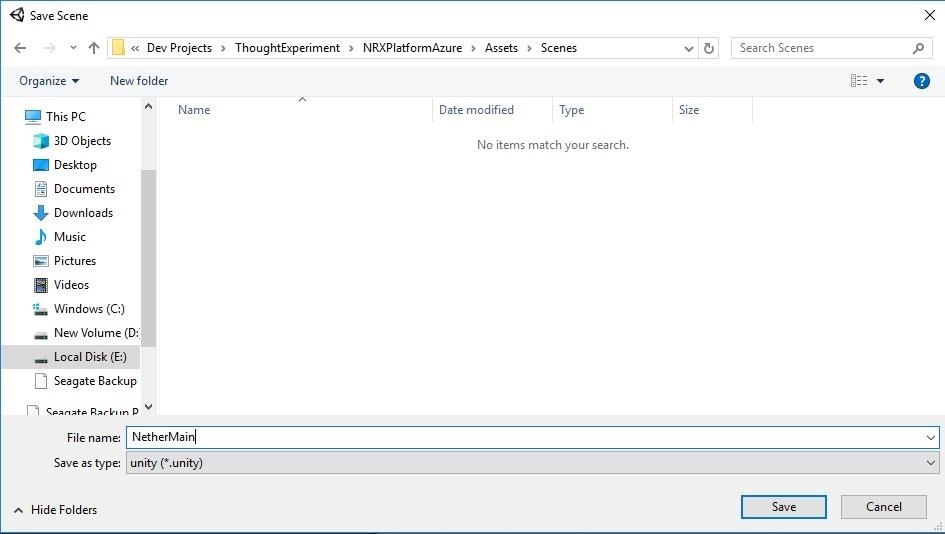

So be sure to communicate your questions, issues, or ideas through the AWS SDK GitHub repository.The Bitbucket team are excited to announce a brand new integration with Unity Cloud Build, just in time for GDC 2017! The SDK is currently available in developer preview the development team will make improvements based on your feedback. The AWS Mobile SDK for Unity is compatible with Unity 4.0 and onward, and supports both free and pro versions. This helps you update the assets in your game without having to publish a full update through the app stores. When your game relies on large, frequently changed assets, you can use Amazon S3 to store these files in the cloud and then retrieve them from your game at run time. DynamoDB helps you save data that your game needs to share across multiple users, such as a top score table and a shared assets list.īut DynamoDB isn’t your only option. This blog post and sample discusses how to use Amazon Cognito to store saved games in the cloud, cache them on the local device, and synchronize them across all of a user’s devices.ĭynamoDB is a flexible NoSQL database that gives consistent, single-digit millisecond latency at any scale.


You can use Amazon Cognito to securely access your AWS resources as well as save and synchronize the application state across devices. The SDK includes support for Amazon Cognito, Amazon DynamoDB and Amazon S3.

You can now build cross-platform applications that leverage the AWS services with Unity. One recurring theme with mobile developers is the need to seamlessly transition users between devices (smartphone, tablets, consoles) and adjust the game look and logic without deploying a full app update.įor this reason the AWS Mobile Development team recently announced the availability, in developer preview, of the AWS Mobile SDK for Unity. But these gaming startups face many challenges when building and updating their games. Indie game developers are pumped up about the many opportunities available in the growing mobile gaming market.


 0 kommentar(er)
0 kommentar(er)
